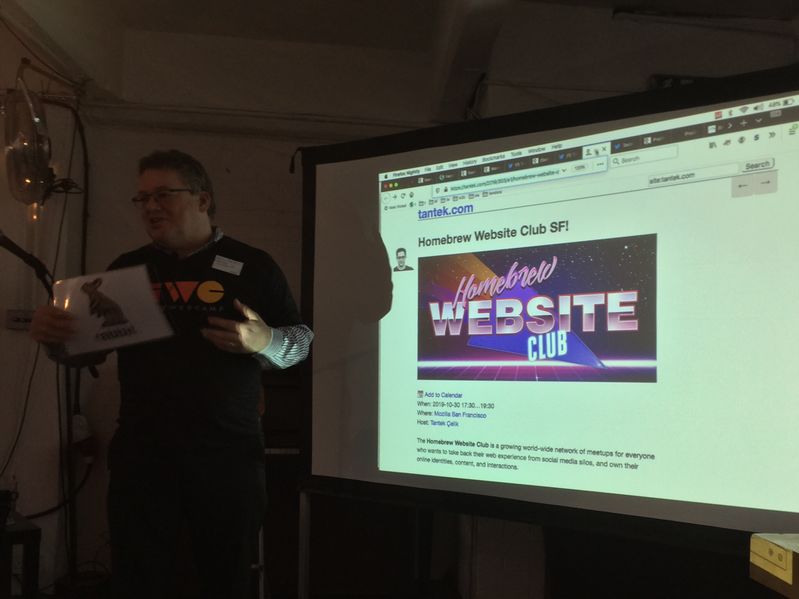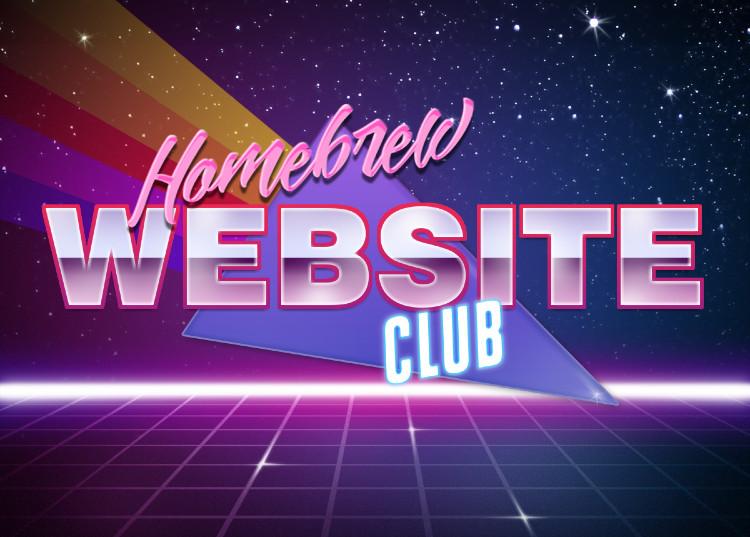Decentralized lunch
After the first open session of the day, the Redecentralize confrerence provided a nice informal buffet lunch for participants. Though we picked up our eats from a centralized buffet, people self-organized into their own distributed groups. There were a few folks I knew or had recently met, and many more that I had not. I sat with a few people who looked like they had just started talking and that’s when I met Kate.
I asked if she was running a session and she said yes in the next time slot, on decentralized identity and rethinking reputation. She also noted that she wanted to approach it from a human exploration perspective rather than a technical perspective, and was looking to learn from participants. I decided I’d join, looking forward to a humans-first (rather than technology plumbing first) conversation and discussion.
Discussion circle
After lunch everyone found their way to various sessions or corners of the space to work on their own projects. The space for Kate’s session was an area in the middle of a large room, without a whiteboard or projector. About a half dozen of us assembled chairs in a rough oval to get started.
As we informally chatted a few more people showed up and we broadened our circle. The space was a bit noisy with chatter drifting in from other sessions, yet we could hear each other we if leaned in a little. Kate started us off asking our opinions of the subject matter, experiences, and about existing approaches in contrast to letting any one company control identity and reputation.
Gaming of centralized systems
We spent quite a bit of time on discussing existing online or digital reputation systems, and how portable or not these were. China was a subject of discussion along with the social reputation system that they had put in place that was starting to be used for various purposes. Someone provided the example of people putting their phones into little shaker machines to fake an increased stepcount to increase their reputation in that way. Apparently lots of people are gaming the Chinese systems in many ways.
Portability and resets
Two major concerns were brought up about decentralized reputation systems.
- Reputation portability. If you build reputation in one system or service, how do you transfer that reputation to another?
- Reset abuse. If you develop a bad reputation in a system, what is to stop you from deleting that identity, and creating a new one to reset your reputation?
No one had good answers for either. I offered one observation for the latter, which was that as reputation systems evolve over time, the lack of reputation, i.e. someone just starting out (or a reset), is seen as having a default negative reputation, that they have to prove otherwise. For example the old Twitter “eggs”, so called due to the default icons that Twitter (at some point) assigned to new users that were a white cartoon egg on a pastel background.
Another subsequent thought, Twitter’s profile display of when someone joined has also reinforced some of this “default negative” reputation, as people are suspicious of accounts that have just recently joined Twitter and all of sudden start posting forcefully (especially about political or breaking news stories). Are they bots or state operatives pretending to be someone they’re not? Hard to tell.
Session dynamics
While Kate did a good job keeping discussions on topic, prompting with new questions when the group appeared to rathole in some area, there were a few challenging dynamics in the group.
It looked like no one was using laptop to take notes (myself included), emergently so (no one was told not to use their laptop). While “no laptop” meetings are often praised for focus & attention, they do have several downsides.
First, no one writes anything down, so follow-up discussions are difficult, or rather, it becomes likely that past discussions will be repeated without any new information. Caught in a loop. History repeating.
Second, with only speaking and no writing or note-taking, conversations tend to become more reactive, less thoughtful, and more about the individuals & personalities than about the subject matter.
I noticed that one participant in particular was much more forceful and spoke a lot more than anyone else in the group, asserting all kinds of domain knowledge (usually without citation or reasoning). Normally I tend to question this kind of behavior, but this time I decided to listen and observe instead. On a session about reputation, how would this person’s behavior affect their dynamic reputation in this group?
Eventually Kate was able to ask questions and prompt others who were quiet to speak-up, which was good to see.
Decentralized identity
We did not get into any deep discussions of any specific decentralized identity systems, and that was perhaps ok. Mostly there discussion about the downsides of centrally controlled identity, and how each of us wanted more control over various aspects of our online identities.
For anyone who asked, I posited that a good way to start with decentralized identity was to buy and use a personal domain name for your primary online presence, setting it up to sign-into sites, and build a reputation using that. Since you can pick the domain name, you can pick whatever facet(s) of your identity you wish to represent. It may not be perfectly distributed, however it does work today, and is a good way to explore a lot of the questions and challenges of decentralized identity.
The Nirvana Fallacy
Another challenge discussing various systems both critically, and aspirationally, was the inability to really assess how “real” any examples were, or applicable to any of us, or their usability, or even if they were deployed in any even experimental way instead of just being a white paper proposal.
This was a common theme in several sessions, that of comparing the downsides of real existing systems with the aspirational features of conceived but unimplemented systems. I had just recently come across a name for this phenomenon, and like many things you learn about, was starting to see it a lot: The Nirvana Fallacy. I didn’t bring it up in this session but rather tried to keep it in mind as a way to assess various comparisons.
Distributed reputation
After lunch sessions are always a bit of a challenge. People are full or tired. I myself was already feeling a bit spent from the lightning talk and the session Kevin and I had led right after that.
All in all it was a good discussion, even though we couldn’t point to any notes or conclusions. It felt like everyone walked away having learned something from someone else, and in general people got to know each other in a semi-distributed way, starting to build reputation for future interactions.
Watching that happen in-person made me wonder if there was some way to apply a similar kind of semi-structured group discussion dynamic as a method for building reputation in the online world. Could there be some way to parse out the dynamics of individual interactions in comments or threads to reflect that back to users in the form of customized per-person-pair reputations that they could view as a recent summary or trends over the years?
 t
t




